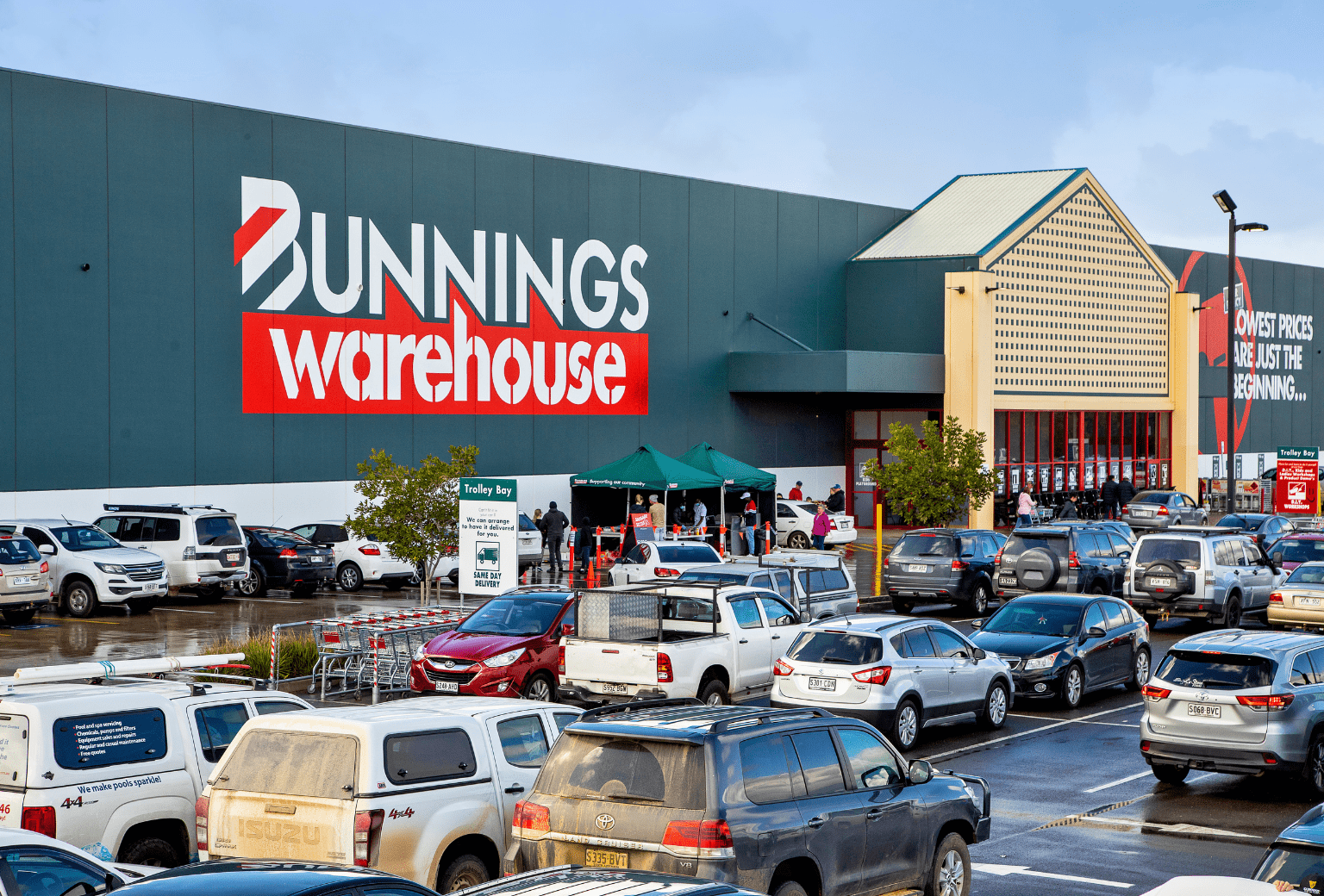COVID-19 has destroyed lives and livelihoods around the world.
As we await the full implications of the pandemic, its obvious that the economic impact is dire for many businesses.
B2B buyers and sellers have started to interact differently, with the savvy operators leading the way in adapting to what is the new normal.
The Losers: Airlines, tourism, shipping, restaurants and bars, conferences, sport, and entertainment among others. Who could have predicted the impact to overseas travel, the closure of shipping ports across the world, or the re-scheduling of the 2020 Olympic Games ?
The Winners: Online shopping, supermarkets, technology that enable people to work from home, video conferencing, and home gym equipment. Kogan.com sales have increased 40%, Woolworths e-commerce arm, WooliesX has grown 43%, and shares in video conference platform, Zoom are up 50% since February this year.
SELL A BUSINESS has been monitoring B2B buyer and seller activity during the pandemic, and three (3) key priorities have emerged:
- While many businesses are reducing spending, others are increasing or at least maintaining their spending.
- A move to digital interaction with clients preferred to more traditional interaction.
- Remote and more flexible work options and selling models – many believe a model built around videoconferencing, phone, and online sales is equally or more effective than pre-COVID-19 models.
A bank lender recently asked me how I was finding the business sales market right now ?
I answered by saying “We are not overly busy, but we are very productive”.
By that I meant we are talking to less buyers as the time wasters have left the market – buyers talking to us today see opportunity, are ready to act, and have the financial capacity to do so. As a result our enquiry to sales ratio has improved dramatically since the start of the pandemic.
Banks are starting to lend, and deals are being settled.
This is the “New Normal”- changes like never before to the way we work and interact with colleagues and clients. The businesses that embrace and adapt to these changes will prosper and grow – the ones that don’t will not survive.




